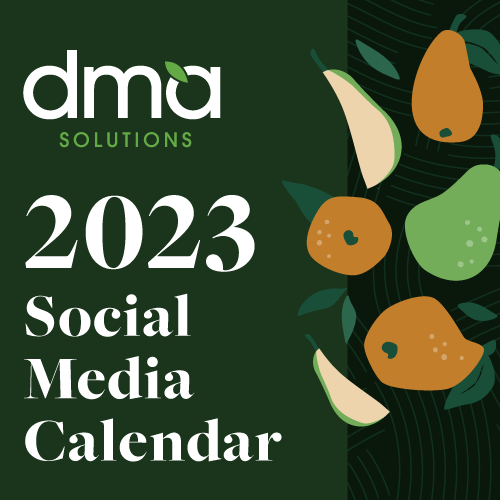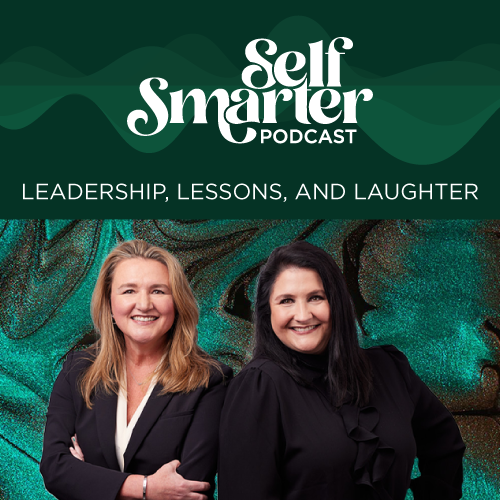Private label is one of the most important topics in our industry, but it also seems to be one of the most sensitive. Depending on who you ask, you will likely get a wide range of responses on what private label means, who it benefits, and who is executing it successfully. For some retailers, private label is part of their marketing strategy. The problem is, this could hinder a brand’s marketing strategy.
So, what does successful marketing look like and who is doing a better job? The brand or the retailer?
As fresh produce marketers, we’ve taken a look at both sides of the equation and are eager to share our thoughts on this important topic.
First of all, what does successful marketing look like?
Marketing, at its best, communicates with words and imagery to create a meaningful connection between the consumer and a product, company, or brand. Marketing gives your brand a particular voice and personality, it informs the consumer and answers questions, and it builds understanding, trust, and loyalty. Marketing can be executed in several different ways, with the most powerful brands layering multiple strategic tactics and programs together to achieve success.
With intentional marketing, a simple icon or word can become a powerful and motivating brand. With excellent branding, there is a belief in the integrity of your product or service. With repetition, this can provide easily recognizable and trustworthy products that shoppers will not only purchase but often seek out.
For private label, this opportunity just doesn’t often exist. As mentioned earlier, this is where marketing really DOES matter to ensure your product is recognized and purchased often.
Where private label can fall short.
Private label removes marketing from the equation and ultimately prevents brands from engaging directly with consumers, which in turn can reduce brand loyalty and eventually sales. Furthermore, private label puts the retailer in a position to serve in a customer service capacity to answer questions about product origin, storage, growing practices, and food safety. The effort required to engage and respond to consumer requests such as these can outweigh the lower cost usually associated with private label. In order to be successful with customer service as a private label, it’s imperative to have clear messaging. Unfortunately, most retailers are not able to tell these rich stories or provide the deep product knowledge that shoppers are seeking.
Simple logic dictates that the brand, company, or person investing in a cohesive marketing strategy is simply the better marketer. Unfortunately, when it comes to private label, there is typically little to no marketing effort or investment made by the retailer. Generic labels are placed on products to simply sell them, like a commodity versus a precious and preferred product with a story. Moreover, consumers are left to purchase what is on the shelf and do not have a chance to establish a preference whatsoever. In addition, oftentimes the more generic products are lacking in information that offers cross-selling or inspirational concepts for the consumer to consider while shopping and making purchasing decisions.
When private label works.
Some retailers have been able to use marketing to move beyond a generic private label and create their own meaningful retail brand. Trader Joe’s is a great example of this. They have paved the way for private label success by giving consumers the right experience. Trader Joe’s does an excellent job of communicating with the shopper and offering insightful content that encourages engagement among consumers. So we aren’t saying that retailers CAN’T do it. They just have to invest in marketing to make it a success.
Final thoughts…
As fresh produce marketers, we believe in the power of marketing to generate brand awareness and build loyalty. Produce brands must continue to be the voice behind their own stories, showcase their diverse products and excellent quality, inspire and delight today’s shoppers, and leave a lasting impact on how the next generation will consume food. So our final answer to who is the better marketer – the retailer or the brand? We believe it’s the one investing in marketing to elevate their product as a preferred choice by shoppers.
If you’d like more information on private label and what it means for brands in the fresh produce industry, please check our Marketing Matters Webinar where we discussed private label more in-depth. If you have further questions, feel free to reach out to our team – we’d be happy to discuss!
{{cta(’78d3fee5-7e8f-4f2a-b7d6-64eb5db8389f’,’justifycenter’)}}












